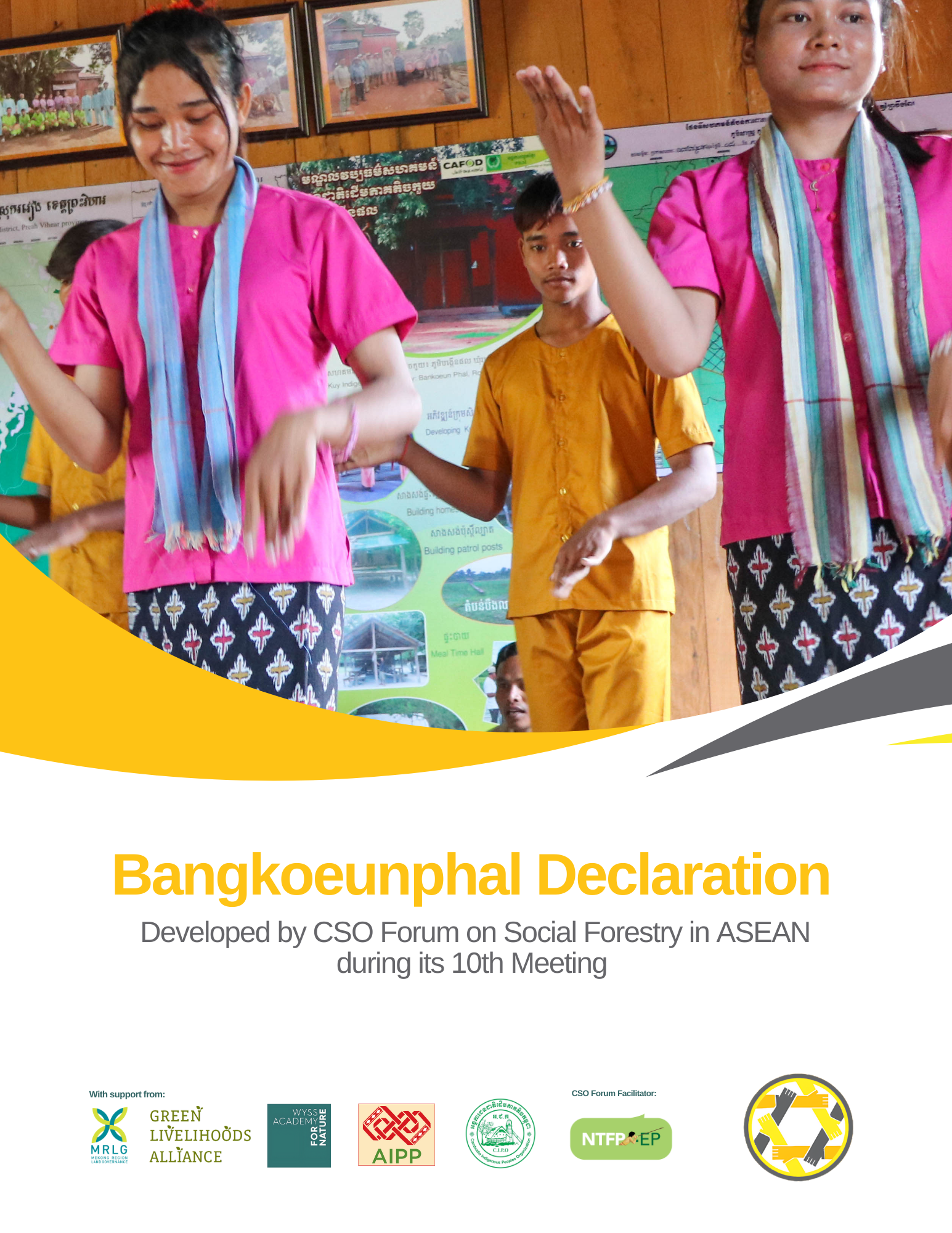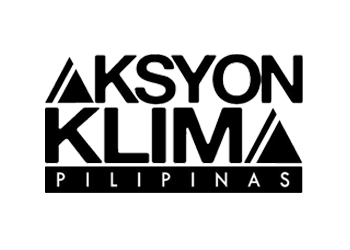
Indigenous Peoples and local communities at the heart of climate negotiations: NTFP-EP’s Priorities and Key Messages heading to the UNFCCC COP29
By Dazzle Labapis, Michelle Lapiz

The world’s attention will turn to Baku, Azerbaijan, this November as it hosts the 29th Conference of the Parties (COP29) under the United Nations Framework Convention on Climate Change (UNFCCC). From November 11-22, 2024, global leaders and climate negotiators will convene to tackle pressing climate challenges and accelerate international climate commitments. This pivotal event will bring together not only policymakers but also a diverse coalition of stakeholders — from business innovators and youth activists to climate scientists, Indigenous communities, and civil society organizations. Together, they aim to forge pathways for more ambitious, inclusive, and sustainable climate action.
Key Messages & Priorities
With COP29 just a few days away, the Non-Timber Forest Products Exchange Programme (NTFP-EP) is preparing to support and send representatives from Indigenous Peoples, Indigenous youth, and local communities to actively participate in key discussions at the conference. With the event just days away, these voices are set to bring crucial perspectives to the global climate stage, advocating for inclusive and impactful climate solutions.
From the declarations and statements that we have co-developed, signed on, and contributed to, here are the priorities that we will follow and monitor in COP29:
Ensure that there is Direct and Gender-Just Climate Financing for Indigenous Peoples & Local Communities (IPs&LCs), including women and youth.
COP29 is coined as Finance COP, and this year, all eyes are on the Parties to come together and agree on securing a new goal on climate finance, ensuring every country has the means to take much stronger climate action, slashing greenhouse gas emissions, and building resilient communities
Recognizing that Indigenous Peoples and Local Communities (IPs&LCs) are pivotal to sustainable climate solutions, NTFP-EP will advocate for direct, gender-just, grants-based, flexible, accessible, ambitious, equitable, and reliable public finance specifically for Indigenous Peoples and local communities. Any funding mechanism established must be inclusive, non-discriminatory, accountable, and designed to ensure the flow of resources directly to Indigenous Peoples and local communities, aligned with their needs and capacities, and fully respecting their right to self-determination.
NTFP-EP will push for increased financial, technological, and technical support to strengthen the capacities and skills of Indigenous Peoples, women, youth, Indigenous Peoples with disabilities, and local communities. This support is essential for their full and effective participation in accessing and managing funds, as well as sustaining active engagement in key decision-making bodies and mechanisms.
The next NDC update must have the full, effective, and equitable engagement and participation of IPs&LCs and CSOs
Additionally, the spotlight will be on developing the next phase of Nationally Determined Contributions (NDCs) by countries, which are set to be finalized before next year’s deadline. These NDCs are designed to be comprehensive, actionable, and attractive for investment, encompassing economy-wide strategies. They aim to transition away from fossil fuels and ensure the global temperature increase remains within the 1.5 degrees Celsius threshold.
In line with this, NTFP-EP will monitor that the full, effective, and equitable engagement and participation of IPs&LCs and CSOs, including relevant rights-holders, in the drafting, updating, and revision of the Nationally Determined Contributions (NDCs) will be ensured. With CoP16 in Colombia just concluded, finding ways to align the NDCs and countries’ National Biodiversity Strategies Action Plans (NBSAPs) is also important. It must be based on a human rights-based approach, including a strong push to secure our collective tenure rights and to ensure FPIC for all biodiversity and climate actions on our lands, territories, and waters.
Climate Justice for Indigenous Peoples, including Women Environmental Human Rights Defenders (WEHRDs) in the midst of Just Energy Transition and discussion on Loss & Damage
Climate justice for Indigenous Peoples (IPs), especially Women Environmental Human Rights Defenders (WEHRDs), must be central to the Just Energy Transition. This includes the full recognition of Indigenous land rights, the protection of territories, and the safeguarding of cultural heritage. Indigenous knowledge and stewardship play an essential role in achieving climate resilience, and their inclusion in climate policies is key to advancing environmental and human rights. Immediate and transformative action is needed to ensure that these communities are not left behind but empowered to lead in the fight for climate justice.
Transitioning away from fossil fuels must be done just, effectively, and equitably. No energy projects should happen without Free, Prior, and Informed Consent (FPIC) in accordance with the UN Declaration on the Rights of Indigenous Peoples (UNDRIP).
Further, NTFP-EP will urge governing institutions of funds addressing Loss and Damage to recognize Indigenous Peoples as a distinct constituency. This includes the adoption of an Indigenous Peoples policy and the allocation of a dedicated seat for Indigenous Peoples as active observers. Additionally, non-economic losses and damages experienced by Indigenous Peoples must be acknowledged and clearly defined in collaboration with Indigenous representatives.
Recognition of the Knowledge of Indigenous Peoples, including their customary land, territories, and resources
The knowledge and stewardship of Indigenous Peoples, particularly their customary lands, territories, and resources, are crucial for achieving climate resilience and adapting to environmental changes. NTFP-EP will demand the protection of these lands and territories and the formal recognition of Indigenous Peoples as rightful custodians, ensuring their vital role is upheld in the fight against climate change.
Young peoples, especially Indigenous Youth, are part of the climate solution
Finally, NTFP-EP will stress the critical need to ensure that the voices of young people, particularly Indigenous youth, are heard in these crucial climate discussions. It is essential to create platforms that allow Indigenous youth to actively participate and engage in processes like COP29, given that the decisions made here will significantly impact their future.
Bangkoeunphal Declaration Developed by CSO Forum on Social Forestry in ASEAN during its 10th Meeting;
The key messages and positions developed by the CSO Forum on Social Forestry in ASEAN are named in honor of the Bangkoeunphal Community, reflecting their deep-rooted connection to the environment and their significant contributions to forest conservation… Readmore »
Tohmle Statement
This statement was developed at the 4th Indigenous Knowledge and Peoples of Asia (IKPA) Conference on Indigenous Peoples’ Rights, Biodiversity, and Climate Change, held on October 1-4, 2024, in Pokhara, Nepal… Readmore »
Aksyon Klima Pilipinas CSO Statement on COP29
Aksyon Klima Pilipinas is the Philippines’s largest civil society network for climate action. Consisting of 50 civil society and people’s organizations nationwide, it advocates for climate change adaptation, mitigation, loss and damage action, finance, and technology transfer at the national and global levels through science-based, urgent, inclusive, and equitable decision-making processes anchored on upholding human rights and social justice… Readmore »





